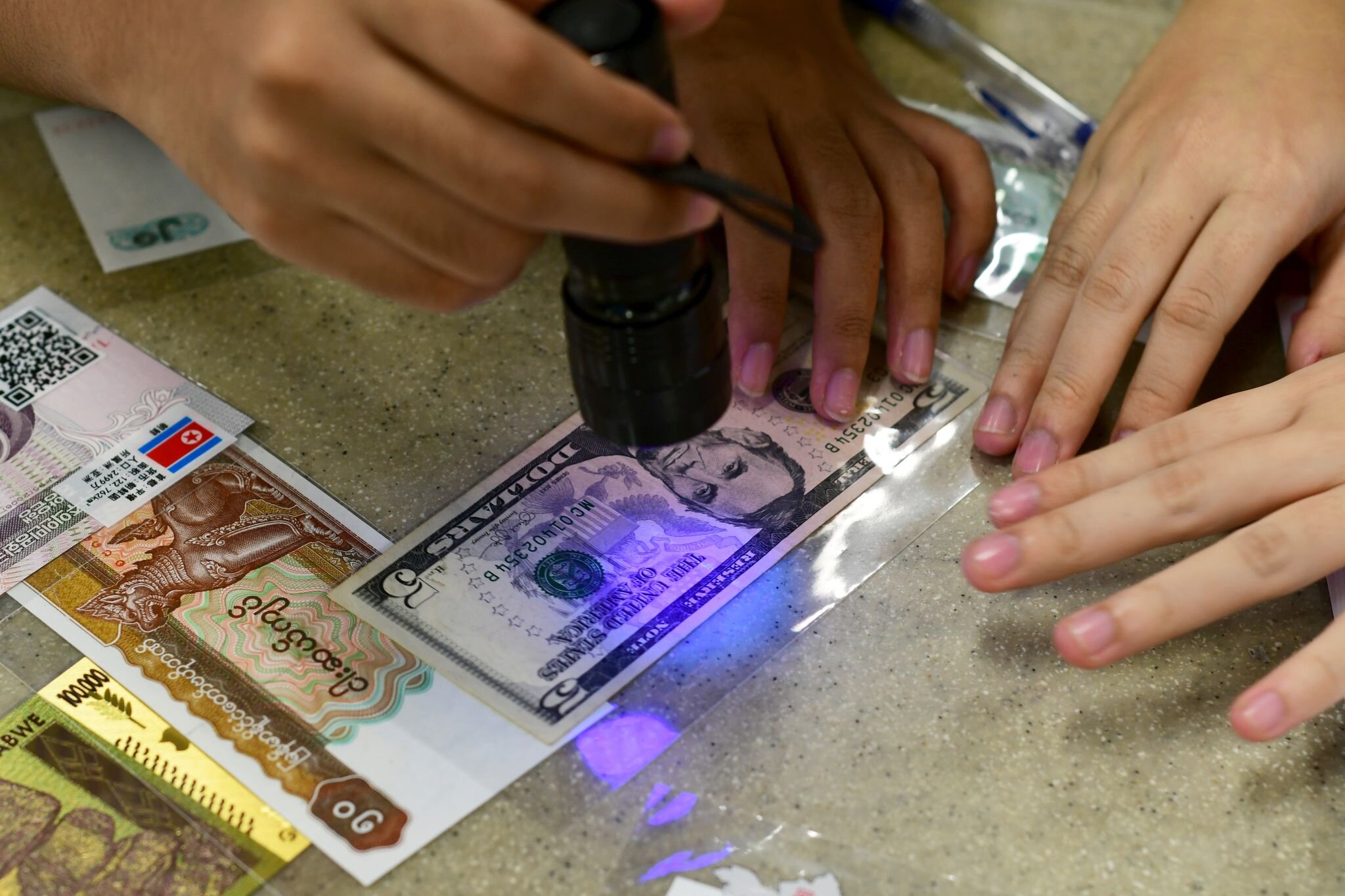I make tonnes of mistakes.
Not every second of every day of my life, but while at work, I may spell something incorrectly, mess up a presentation slide, or mispronounce something when I'm teaching.
In my interactions with people, I may speak too quickly, say the wrong thing, or commit some social faux pas that I wasn't aware of.
Even while doing something as innocuous as ordering food, I may get a meat dish that's sweet (I know a lot of locals in SG love sweet sauces on meat dishes, but I hate them with a passion) or forget to tell the lady boss at the soy curd / drink stall to make mine with less sugar.
Each mistake I make gives me an opportunity to learn so I don't repeat it (until or unless it happens to slip my mind before I've formed a habit or I "get it").
I figured at some point that I should extend this opportunity to my students.
If they answer incorrectly, miss a step in their experiment that causes it to fail, or do the wrong thing at the wrong time, I get them to try again when they're ready.
Not all of them always take me up on my offer, but enough of them do that I've noticed it's not a trivial thing to them.
Perhaps they have always been harshly penalised for making mistakes, and this is a relief to them. I'm not sure.
Whatever the case, I want to keep giving them opportunities to learn and better themselves.
Because that's my job as an educator, isn't it?

